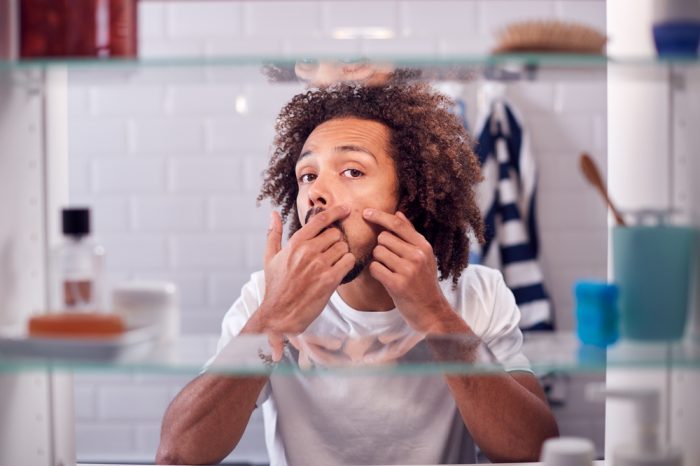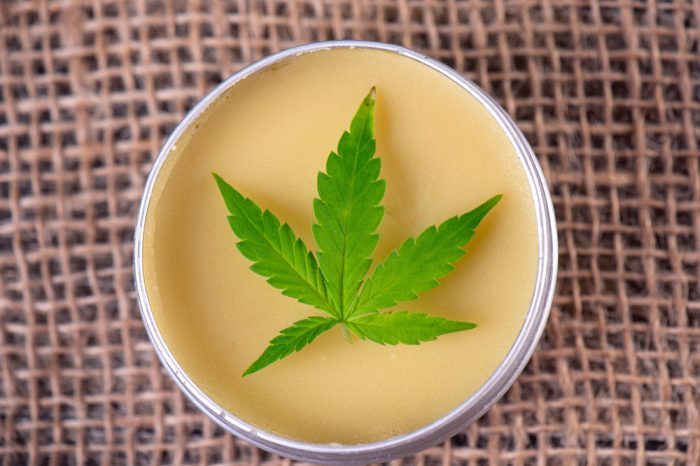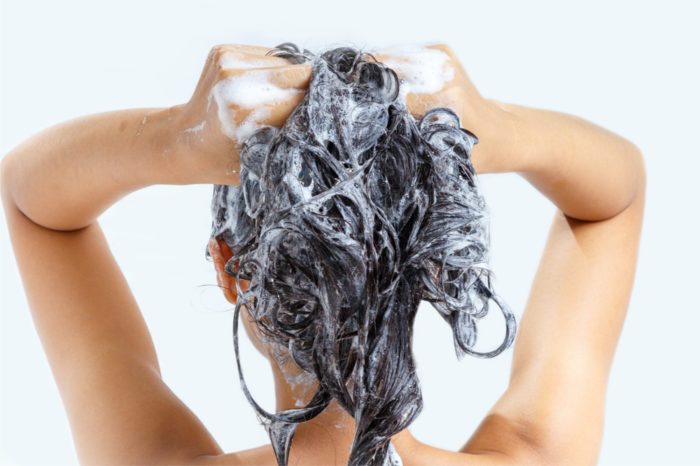Are products you buy only ‘weed washing’? We hope not.
As everything from face cream to energy drinks jump on the cannabis bandwagon, consumers need to be aware of wolves in sheep’s clothing — products that contain no CBD but market themselves as if they do. The practice has grown so severe it even has a name: weed washing.
Weed washing occurs when a product wraps itself in the image and language of cannabis without containing active ingredients from the plant. Sometimes, no cannabis compounds at all are included. Other times, companies will add hemp seed oil to a product and make claims about its effects as if it was CBD.
These impostors masquerade under banners promising “natural relaxing” benefits or “herbal healing” powers. The aim is simple: Compete in the CBD marketplace without having to pay for CBD, and hope customers can’t tell the difference.
It’s an ugly practice that is especially notorious in beauty and health products.
How to Spot Weed Washing in the Wild
The cannabis industry has certain telltale signs that stand as signifiers of a products CBD or THC bona fides: the use of green color schemes, marketing language touting natural benefits, pictures of leaves, “insider” product names that start with “canna.”
This kind of iconography has become so ubiquitous that it’s almost invisible to regular cannabis shoppers. That’s why it’s so dangerous.
At a casual glance, a product with green bubbly text extolling the virtues of natural relaxing benefits seems to pass muster. When words like “hemp oil” are included, a bottle of topical ointment might seem like a legit cannabis product even upon slightly closer inspection.
But, the proof is on the ingredient list. If a product does not specifically say it has CBD, don’t assume that it does.
Claims about “hemp flower” or “green compounds” are all meant to conjure up the image of active cannabinoids without explicitly stating it. But hemp oil, while a cousin of CBD oil, is not the same thing.
What is the Difference Between CBD Oil vs. Hemp Oil
One of the biggest downsides to weed washing is the shortchanging it gives hemp products. Hemp oil has research-backed benefits for the skin. It contains omega-three and omega-six fatty acids, which help protect the skin from sun damage, and is high in UV-protecting Vitamin E.
But, hemp cannot do what CBD does. High-quality CBD oil products have research-proven anti-inflammatory, stress-relieving powers. From bath bombs to shampoo to gummy bears, CBD products come with a multitude of benefits — but only as long as the active ingredient is there.
Hemp oil comes form the seeds of a hemp plant, where there’s little, if any, CBD. The good stuff, the oil that’s actually CBD oil, comes from the entire hemp plant. Don’t let the advertising fool you.
Are There any Dangers to Weed Washing?
Weed washing may seem like just another marketing tactic that takes advantage of a new consumer base. The average shopper looking for beauty products may not be well-versed in the differences between CBD, THC, and hemp oil. They might think they’re all essentially the same.
Beauty products, in particular, are fad-based, and certain ingredients cycle in and out of countless creams and ointments in boom-and-bust patterns. Avocado oil, apple cider vinegar, bee sting venom and, the mother of them all – essential oils, have each taken turns basking in their fifteen minutes of fame.
Some of these products may have legitimate, scientifically backed, benefits. But, many unscrupulous companies insert them into products before settling the science, hoping to cash in on a trend while it’s hot. In some ways, the products are less about providing a provable effect on beauty, and more about staying in fashion.
That’s where beauty bloggers, Instagram product placements, and free giveaways come in. For a low, low price (thanks to no active cannabis compounds) anyone can be trendy.
But unlike bee stings, weed washing actively harms CBD products. Instead of touting a questionable product as a miracle, weed washing besmirches the good name of a legitimate medical ingredient. When phoney cannabis products fail to deliver results, consumers won’t go back and try another brand. Users may see CBD as just another flash in the pain that doesn’t provide benefits — especially if the products they’re using don’t actually contain CBD.
And while weed washing is not likely to sell a product that will be any danger to your health, it also may be of inflated price with no health benefit. In fact. it doesn’t just fool customers, it can drag down the whole industry.
The Worst is Yet to Come?
If cannabis were a normal and established industry, weed washing would be a small annoyance. It would fool only the people who really want to be fooled. Unfortunately, that’s not the case. Cannabis has come of age during an unprecedentedly bad time for consumers. Marketers understand the human psyche better than ever. Misinformation spreads faster than the truth.
These forces combine to spell a world of trouble for any product entering the market. It’s actually worse when that product is in the health and beauty space. Weed washing will hurt cannabis by over-promising false effects. And it could be just the beginning. The next iteration of cannabis misinformation could be even more sinister if weed washing moves beyond the beauty space into medicinal applications. Buyer beware.







